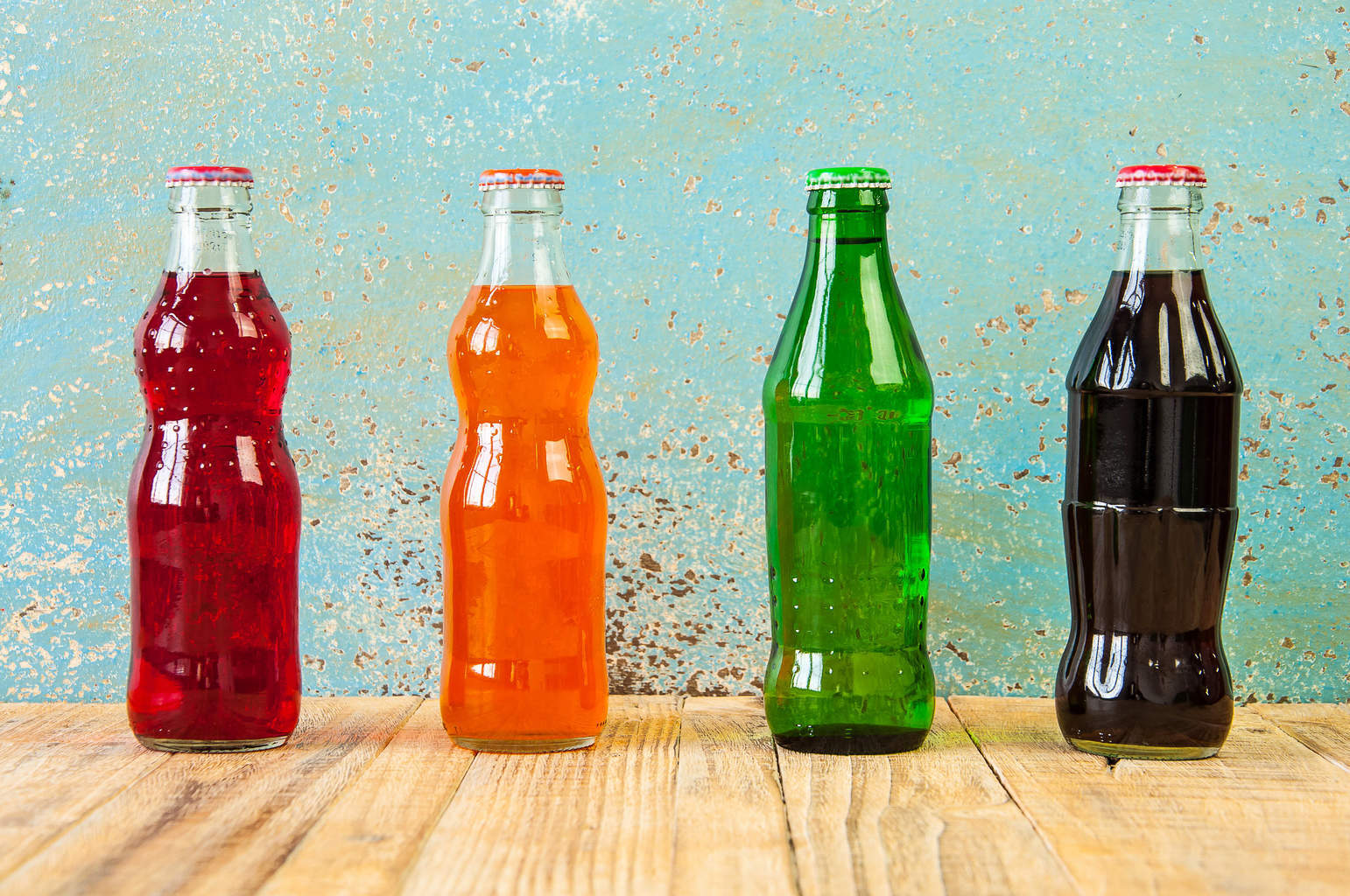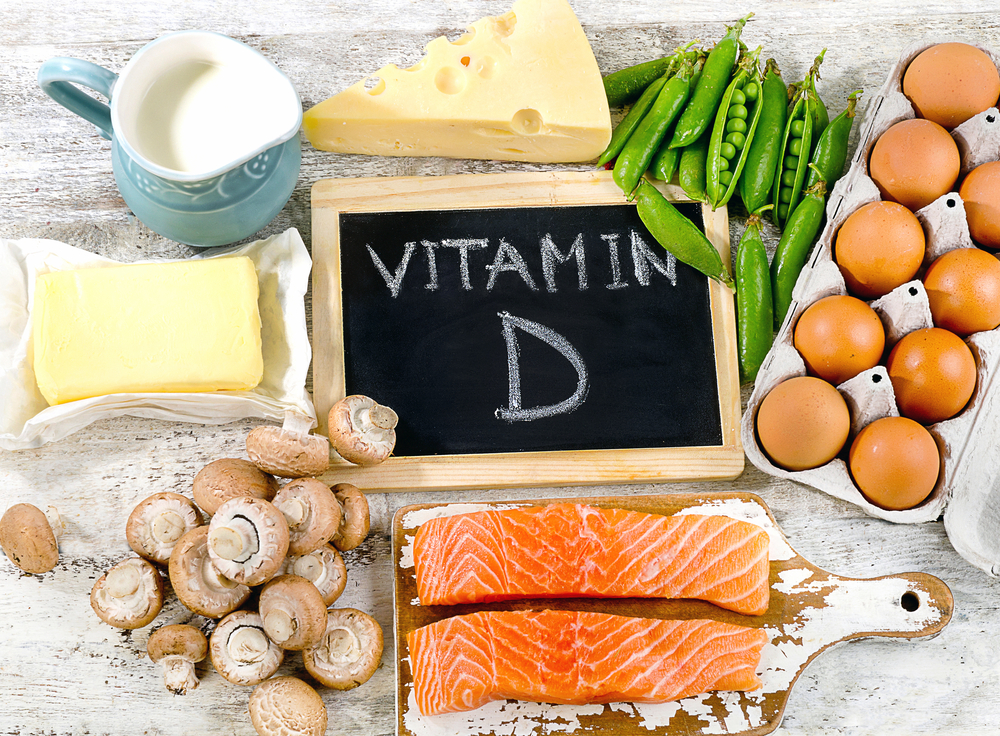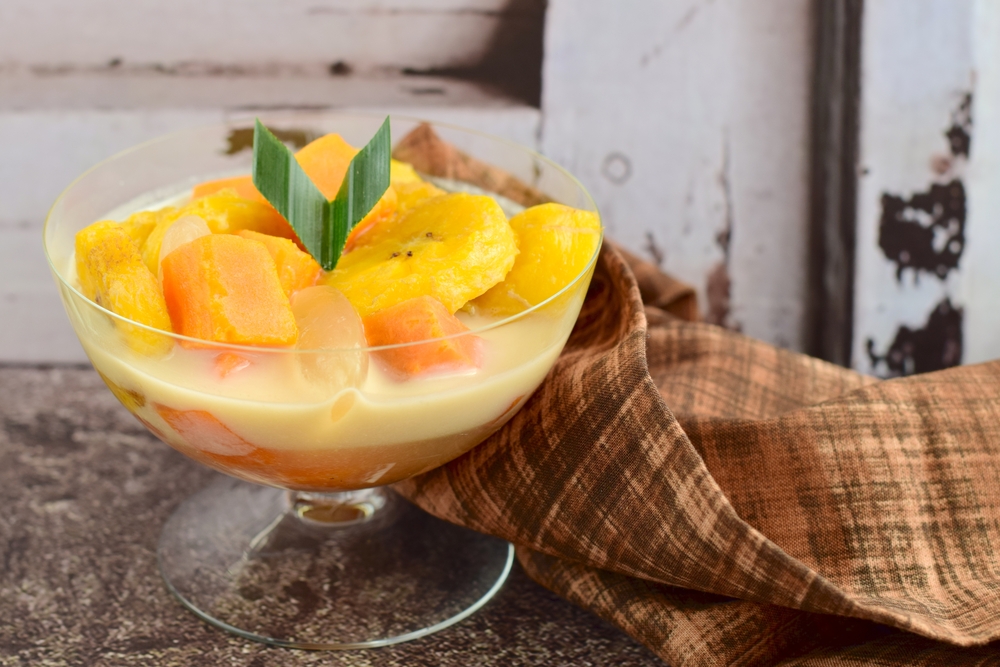Contents:
- Medical Video: 5 *NEW* Lemonade Recipes!
- Milk for children
- Limit soft drinks to artificial sweeteners
- Fresh fruits and vegetables are the best choice
- The problem with soft drinks
- Weight gain
- Tooth decay
- Low appetite or picking food
- Changes in digestive habits
- Advice for parents
Medical Video: 5 *NEW* Lemonade Recipes!
Children do not need to consume fruit juice or other sweet drinks to carry out a healthy diet. Asupa sweet drinks reduce the quality of your child's eating patterns, and are associated with increased weight, poor dental health, and also make the habit of drinking sweet drinks to adulthood.
Experts do not recommend consuming sweet drinks such as soft drinks, fruit drinks, vitamin water, potable mineral water, energy drinks, and sports drinks.
Fruit and vegetable juices contain sugars found naturally in fresh fruits and vegetables, but become very concentrated when processed into fruit and vegetable juices. Children do not need fruit or vegetable juice to carry out a healthy and balanced diet. Supporting children to eat whole fruit and vegetables, and drinking water or milk compared to drinking fruit or vegetable juice, is the best way to form good eating habits early on.
Milk for children
ASI is the best drink for babies. For children less than 12 months of age, breast milk or formula should be the main drink, after 12 months of age, when your child has reduced breast milk or formula milk, cow's milk and water are the best drinks recommended.
From the age of two, low-fat cow's milk can be given. Water is recommended for toddlers and older children, so encourage children to drink water throughout the day and try to direct the whole family to drink water or milk.
Milk is an important food and part of a food group (including milk, yogurt, cheese and / or alternatives) that are needed for the growth and development of children. However, drinking too much milk can make you full and disturb your appetite. Older children will need three portions of food in this group, while younger children need about three and a half servings. One serving is around 200g of yogurt or 250ml of milk or two pieces of cheese.
Support the selection of white milk compared to milk because the milk has high sugar content.
Limit soft drinks to artificial sweeteners
Some soft drinks contain artificial sweeteners, not extra sugar. Soft drinks with artificial sweeteners add very little energy to the diet and therefore do not directly contribute to weight gain. What's more, drinks with artificial sweeteners will support the habit of drinking sweet drinks and not adding nutritional value to a healthy diet,
The acidity of soft drinks and their frequency of consumption can also contribute to tooth decay. For good dental health, support children to drink water throughout the day.
Fresh fruits and vegetables are the best choice
Children only need half an orange or 1/3 bowl of strawberries to get their daily vitamin C intake, but to make one small glass of juice requires three to four oranges. Children do not need fruit or vegetable juices, whether packaged or made at home, to undergo a healthy and balanced diet.
Support children to eat fresh fruit and vegetables compared to drinking fruit or vegetable juice. This will:
- Add fiber to your diet and prevent constipation
- Helps chew ability
- Teaches different textures, colors and flavors
- Provides practical, healthy and nutritious choices as snacks
- Establish healthier eating and drinking habits.
If you add fruit or vegetable juice to your child's diet, limit it to half a glass of fruit juice or vegetables without added sugar in certain moments. Support your child to eat whole fruit and vegetables, and drink water or milk compared to fruit or vegetable juice.
The problem with soft drinks
Sweet drinks can cause many problems including:
Sweet drinks have high energy and contain very little nutrition for your child's diet. Regular intake of sweet drinks can result in excessive weight gain.
Children who are accustomed to drinking sweet drinks such as soft drinks and fruit juices have a higher risk of tooth decay. In infants and toddlers, the problem starts when the bottle is used for comfort while sleeping, sapping at night, or snacking during the day. If the bottle contains a drink other than water, even if it contains milk, sugar in the liquid will stick to the teeth and gums for some time. This is when decay occurs, even before a tooth appears.
Avoid using pacifier bottles for pacifiers, and support your child to drink from a glass since the age of six months. Stop using bottles at around one year of age. It is important to make a routine of brushing your teeth since your child's first tooth appears.
Sweet drinks are full of energy and can fill children, making them not hungry to eat real food. For children who are voters, stopping or limiting sweet drinks is a way that can help increase appetite for other foods.
Problems such as iron deficiency, anemia, and poor growth can occur in infants and toddlers who replace foods such as breast milk, formula milk, or solid foods with sweet drinks.
Young children can have problems digesting certain types of sugar in sugary drinks which can then lead to digestive disorders or diarrhea. This can cause stunted growth if the body's nutrition and nutrition are not met. When sweet drinks are removed from the child's diet, indigestion can improve
Advice for parents
Changing your child's diet can be a challenge, but remember that children can only eat or drink whatever is given to them. Suggestions include:
- Avoid using bottles to calm children to sleep
- Be a good example by not storing sweet drinks at home or consuming sweet drinks
- If your child is accustomed to sweet drinks, start reducing the intake — for example, you can temporarily give sweet drinks plus water, and then get used to drinking water only
- Be patient, because this takes time, especially if your child has a habit of drinking sweet drinks when he is hungry or thirsty
- Support your child to eat fresh fruit and vegetables compared to drinking juice
- Limit consumption of fruit juice to ½ cup (without added sugar) at certain times
- Visit the nearest doctor or health center if you have concerns about your child's health or growth












